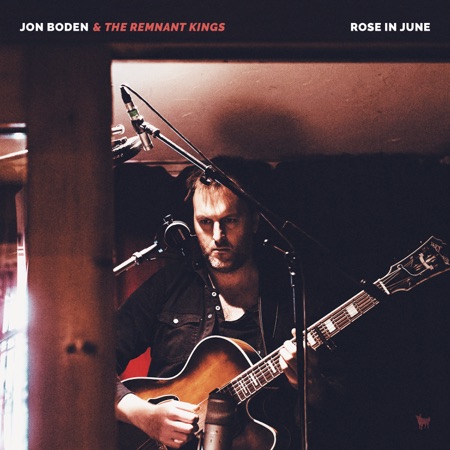This is more of a field recording as Jon is joined by brother Tom. Jon introduces it thus, “Tom and I have been singing this for years. This is a nice two-parter, although it does work better if the harmony is below the tune (as in the Hart/Prior version). Tom and I recorded this in our Mum’s garage near Newhaven hence background bird noise, and I persuaded Tom to record another whilst we were at it.” Yes we have another bonus track for you, so as well as Oats And Beans And Barley Grow, you also get (High) Barbaree.
The former is of course a play song, where actions are performed and Tim & Maddy (Jon’s credited source here) recorded it for Folk Songs of Old(e) England. Their sleeve notes (read them here on Mainly Norfolk) make somewhat more of this than I was allowing, suggesting the ritual elements contained in the rhyme. You can read more at Mudcat here or Wiki here. I’m curious about this. As a nursery rhyme it’s probably very old, but I can’t find any reference to date except for Gomme 1898. There’s certainly a lyric with what looks like old style spelling given in this thread. Any thoughts please. Beautifully sung it is though and I think this harmony works very well.
You can buy the September digital album now from all good download stores:
![]()
![]()
![]()
![]()
![]()





